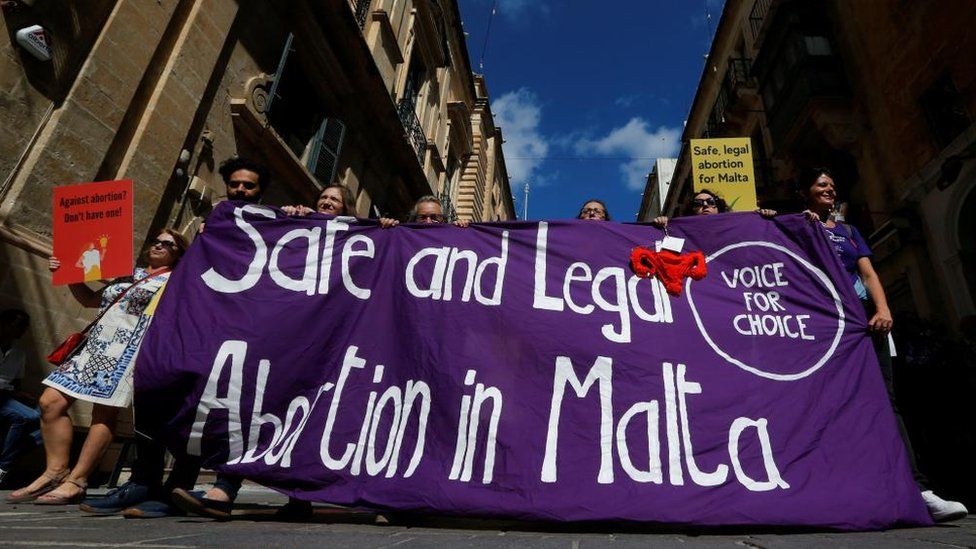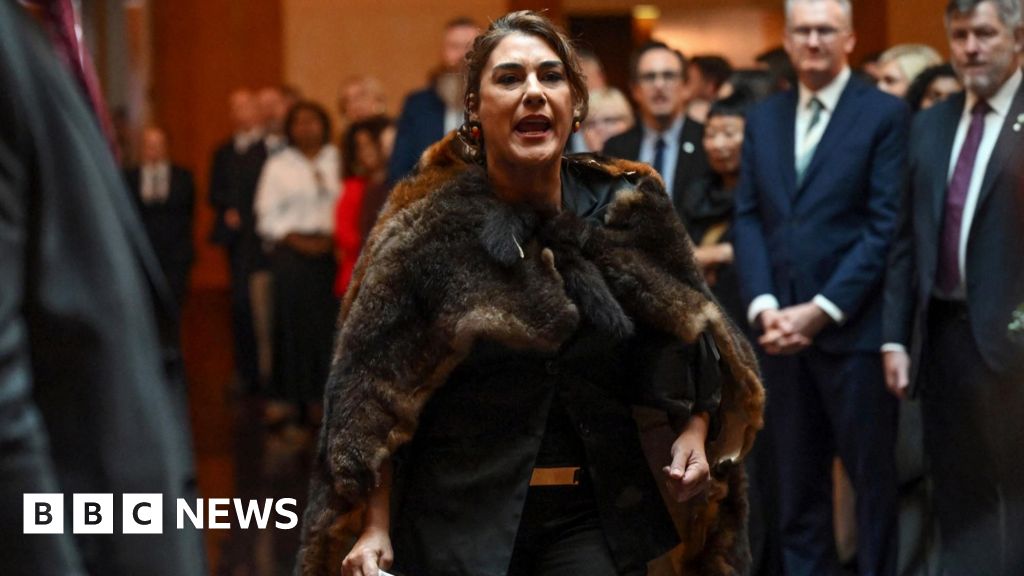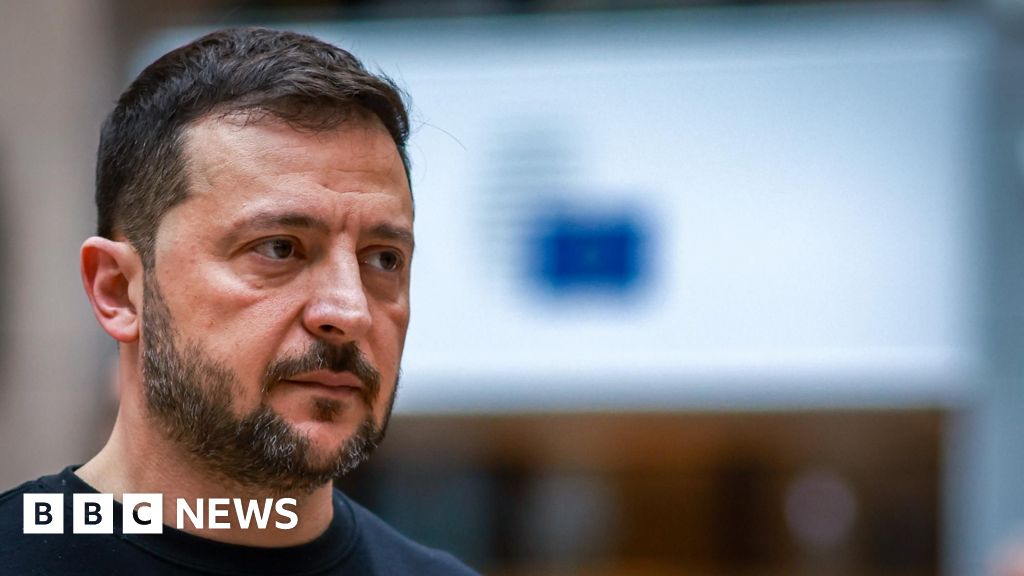ARTICLE AD BOX
 Image source, Reuters
Image source, Reuters
Surveys say more than 60% of Maltese still oppose abortion but fewer than half believe it should be criminalised
By Jessica Parker & Paul Kirby
In Brussels and London
Malta's government is to propose a change in the law to allow doctors to terminate a pregnancy if a mother's life or health is at risk.
The small Mediterranean state has the only total abortion ban in the EU.
Ministers promised to review the law when a US tourist was denied an abortion after she began to miscarry.
Andrea Prudente, who was 16 weeks pregnant, was told doctors could do nothing while the baby's heart was still beating.
Facing a potentially deadly infection she asked for an abortion and after days of waiting she was eventually allowed to fly to Spain.
Maltese Health Minister Chris Fearne said a legal amendment would go before parliament in the coming days to ensure doctors were now legally protected in cases of medical complication that left a mother's life at risk or her health in grave jeopardy due to the pregnancy.
Malta's criminal code currently says any doctor who knowingly provides a woman with the means for a termination faces a jail term of 18 months to four years and a permanent professional ban. Any woman who arranges her own termination is also liable to face jail, although no woman is thought to have faced criminal charges in years.
Last July Ms Prudente told the BBC that a midwife at Mater Dei hospital in Malta had told her that doctors might intervene "when I would be on the 'brink of death'". However, the head of the Malta College of Obstetricians and Gynaecologists said they would have never allowed her condition to deteriorate to that extent.
Image source, Jay Weeldreyer
Image caption,Andrea Prudente was on holiday with her husband Jay when she was admitted to hospital in Malta during the summer
Pro-choice gynaecologist Isabel Stabile, one of 135 doctors in Malta who challenged the law, said the government had confirmed that the last blanket ban on abortion in the EU would end.
She said the change was a "step in the right direction" but did not go far enough: "There will still not be any provision to terminate pregnancies in cases of rape or incest, or in cases of fatal, fetal anomaly."
The health minister said the spirit of the law and medical ethics was to save lives, so the change ensured that the principle was enshrined in law.
Prime Minister Robert Abela told The Times of Malta earlier this month that women had told him that he had to recognise the reality that women were unable to seek medical help if they suffered complications for fear of being sent to jail.
"These past months I've met tens of women who aborted using a tablet. Conservatively, around 300 or 350 women abort this way every year," he said. "All these women told me the same thing: that they had been stigmatised and that none of them had found any sort of support."
Malta is a predominantly Catholic country and a recent survey indicated 61.8% of people were completely opposed to abortion.
Some Maltese have argued that the law has acted as a deterrent. "When mothers are faced with life-threatening conditions then doctors can intervene," Christian Briffa of anti-abortion youth group, I See Life, told the BBC during the summer.
But Justice Minister Jonathan Attard said the reform would remove any form of doubt and ensure patients received the best healthcare.

 2 years ago
22
2 years ago
22








 English (US)
English (US)